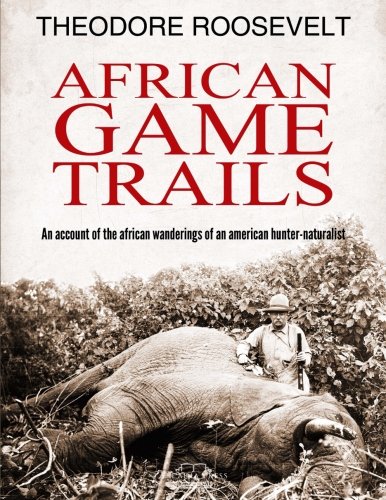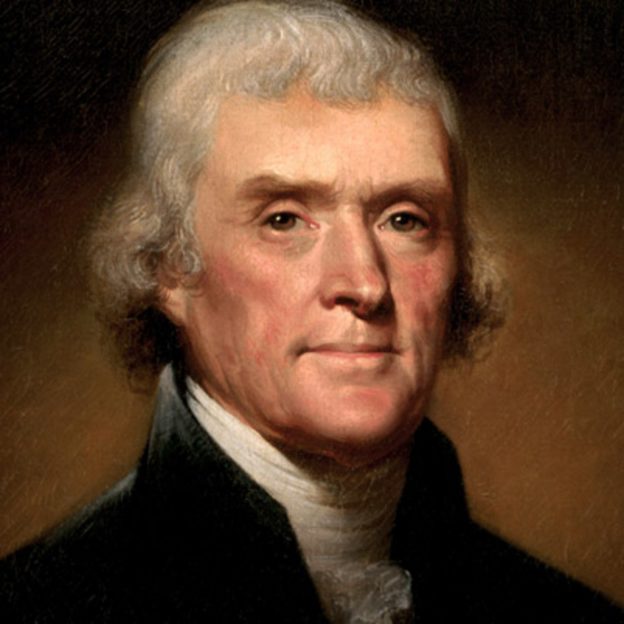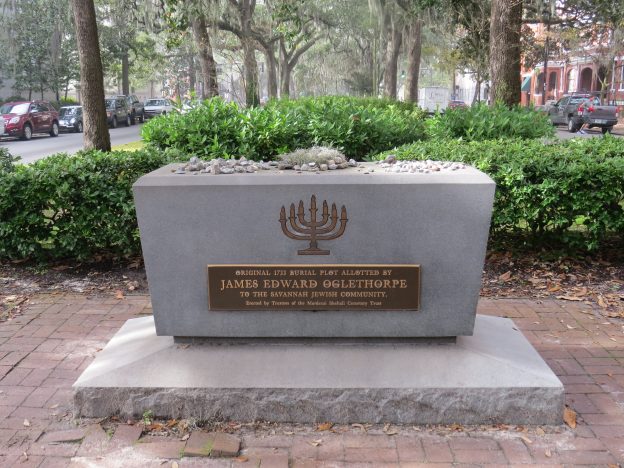I just noticed how much junk appears on my LinkedIn feed. Not sure why. I’m never there.
This, Alexander Duncan’s, post is collectivism, pure and simple. Good patriotism ought to mean standing by those select individual members of a commonwealth who deserve it—certainly not all of them, within or without the State. The “little platoons” of America, as Edmund Burke described a man’s social mainstay—his family, friends, coreligionists, coworkers—would be a better object for “patriotism.”
“We are the greatest nation” nonsense is of a piece with this categorical confusion. Are our founding documents great? Yes. Were the Founding Fathers great men, especially the anti-Federalists? Yes. Are the preponderance of people currently residing on the landmass that is America great? No longer.
As to Teddy 1, Theodore Roosevelt: He was not happy unless he was killing something. Like any good psychopath, this politician began with animals, starting, I believe, with shooting a neighbor’s dog when he was 20. He kept it up at obscene levels. See here.
Ivan Eland, author of “Recarving Rushmore,” has “ranked the presidents on peace, prosperity, and liberty”:
When you get down to the brass tacks of which American presidents most embodied the values of peace, prosperity, and liberty (PP & L), you find only few—a handful really—acted wisely, avoided unnecessary wars, “demonstrated restrain in economic crisis” and foreign affairs, practiced free-market capitalism and favored hard money; opposed big government and welfare, and limited executive and federal power.
Ranked No. 1 is the stellar John Tyler. He ended “the worst Indian wars in US history,” practiced restraint in an international dispute, “opposed big government and protected states’ powers.”
Grover Cleveland is second, as an “exemplar of honesty and limited government.”
Martin van Buren excelled—especially in rejecting economic stimulus and national debt and balancing budgets. He ranks third.
Rutherford B. Hayes is fourth. Likewise, he didn’t just preach but practiced capitalism and advocated for black voting rights, while recognizing the ruthlessness of Reconstruction.
UPDATE (4/30): For those to whom Reconstruction is a new term, here: “The Radical Republicans: The Antifa Of 1865“:
…Although Republicans shared “the drive toward revolution and national unification” (the words of historian Clyde Wilson, in The Yankee Problem, 2016), the Radicals distinguished themselves in their support for sadistic military occupation of the vanquished Rebel States, following the War Between the States.
While assorted GOP teletarts may find the rhetoric of Radical Republicans sexy; overall, these characters are villains of history, for helping to sunder the federal scheme bequeathed by the Founding Fathers. In their fanatical fealty to an almighty central government, Radical Republicans were as alien to the Jeffersonian tradition of self-government as it gets.
Today’s Republicans should know that the Radical Republicans were hardly heartbroken about the assassination of Lincoln, on April 14, 1865. A mere month earlier (March 4, 1865)—and much to the chagrin of the Radicals—Lincoln had noodled, in his billowing prose, about the need to “bind up the nation’s wounds and proceed with “malice toward none … and charity for all.”
Radical Republicans were having none of that charity stuff. They promptly placed their evil aspirations in Andrew Johnson. A President Johnson, they had hoped, would be a suitable sockpuppet in socking it to the South some more. ….





